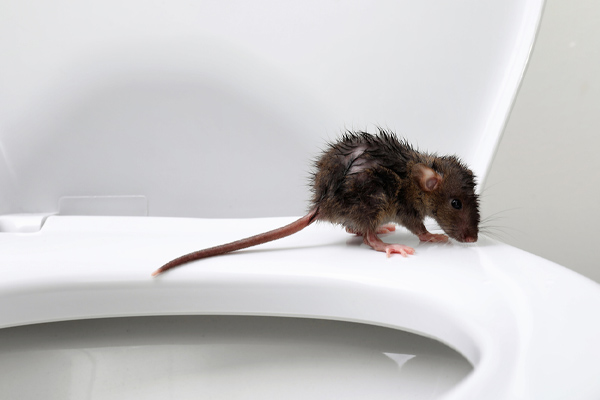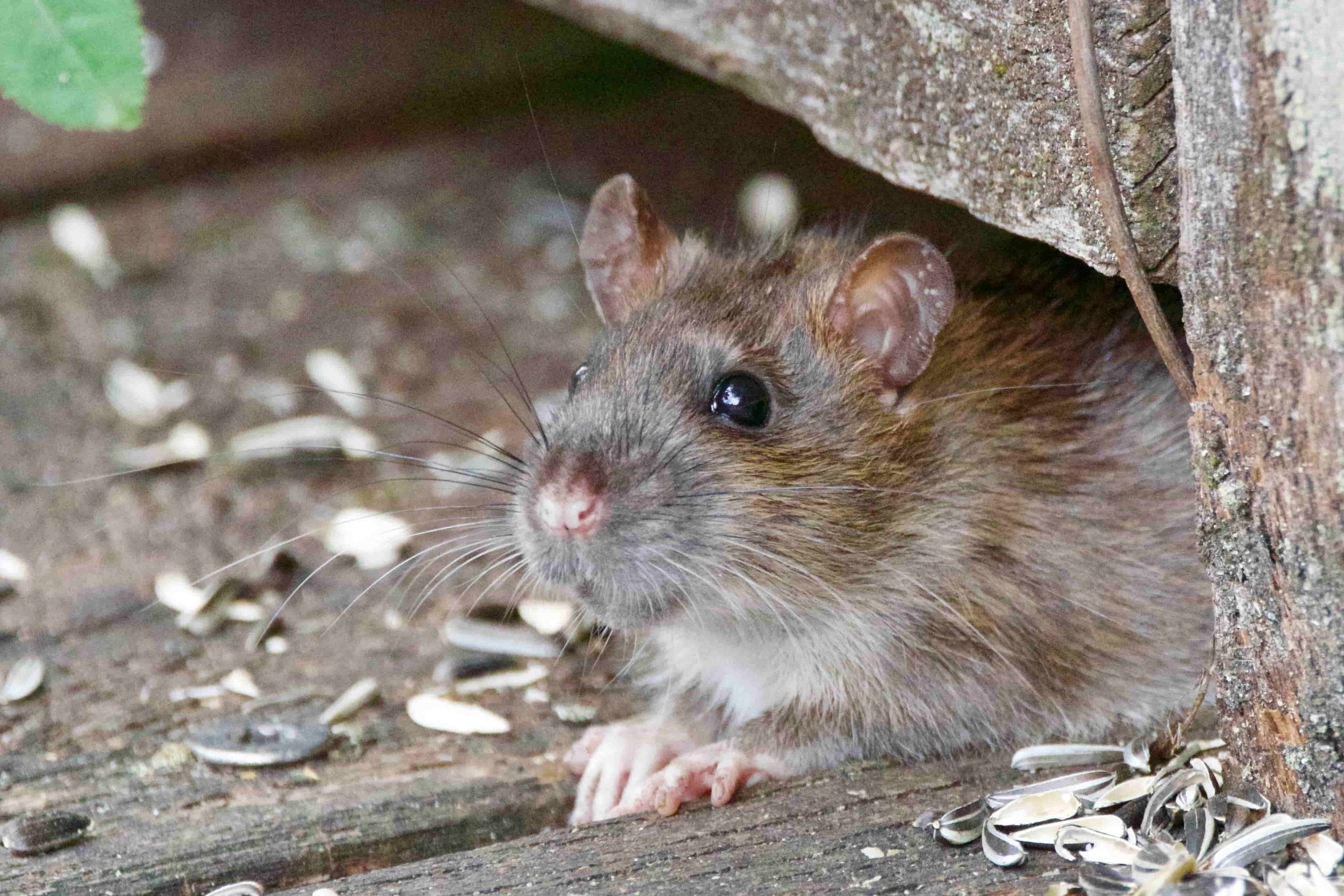Finding out that rats have made a home in your drainage system can cause a lot of issues for your house or place of business. Problems like backups, clogs, and rodents being able to enter at will are just a few of the ones you might encounter. It’s crucial to fix the issue and shield rats from entering your drains in the first place.
How can you prevent rats from causing a blocked drain in Chelmsford, for example? Make sure there is no food or other attractants left in the drains to prevent rats from entering your drains. To prevent rats from entering the house, make sure that all drain entry points are sealed, and think about installing a drain valve on drains.
Rats can be a big nuisance since they can harm your house, clog drains, and sometimes even spread disease. This article will discuss the relationship between rats and drains as well as how to keep rodents out of your drains.
Table of Contents
How do Rats Enter Drainage Systems?
Despite the fact that rats often enter drains, it is much more common than you might think. Rats and other rodents have long been associated with drains and sewers.
Wetness, dimness, and protection make these habitats attractive to rats. Rats are attracted to houses and businesses, especially restaurants, because they have access to food and water and have a variety of places to build dens.
Taking sewer pipes to homes and commercial establishments will lead rats to sewers. They can enter sewers following their natural foraging routes. As skilled climbers, rats will locate any gaps or fractures in drains quickly, enabling them to enter your home.
Due to the overwhelming number of rats, there is no feasible way to get rid of them or prevent them from infesting sewer systems and drainage systems. Even so, you will be able to prevent rodents from climbing up your drains and entering your house.
Nevertheless, you are likely to have rats if you find chewed paper, electrical wires, noises inside the walls or drains, or small holes in the wall, even if you can’t see them.
When you want to get rats out of your drains, there are many considerations you need to make and a variety of strategies you can use.
Drains & Plumbing Should be Sighted
It goes without saying that you should make sure your piping is sealed and lacks any simple entrance points for rodents. This essentially means that the discharge stack is free of apparent openings or, worse, holes or openings inside the pipes themselves.
If you conduct a routine check of your home and discover any openings, you should immediately contact a drainage expert to solve the issue. To stop the rats from entering your home, there are various solutions to these issues, as well as a variety of products and techniques.
Implement Rat Deterrents

You most likely have a covered inspection room outside your house. This is fantastic since it provides you with a point of simple access to prevent rats from accessing your house through the sewage system.
A non-return valve, which is a stainless steel flap that fastens to the sewer drain, can prevent rats from entering from the sewer (flush your toilet to see which pipe takes the waste out). Rats cannot enter via the valve from the other side because of a flap on the end of the valve that allows wastewater to pass underneath it but locks in place on the opposite side.
This gadget may stop rats from the sewer in their tracks and is comparatively simple to install.
Setting up Rat Traps
Rats can also easily enter your home through the ventilation pipes, thus to prevent the rats from doing so, you’ll need something more like a trap. The rats may attempt to enter from the outside if you have a discharge stack while they are scurrying around your property.
In the discharge stack, you can mount little metal cages just over the pipes. The rats will be caught in these cages and will not be able to access the discharge line.
Since the rats will need to be taken out, this technique is not for the faint of heart.
To Finish
To conclude, many people have a relationship between rats and drains. To ensure that your home is secure from these pests, you’ll need to take preventative measures such as sealing any potential openings, setting up deterrents, and using traps.
Taking these steps can give you peace of mind knowing that your drains are safe from rodents. If you are still having issues, don’t hesitate to contact a professional drain specialist. They can help you put together the best plan of action and get your home rodent-free.
Tags: Drains



